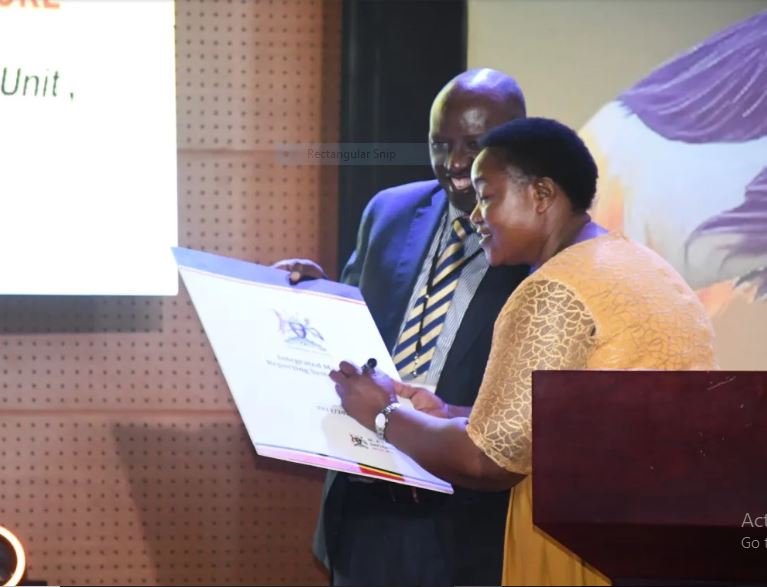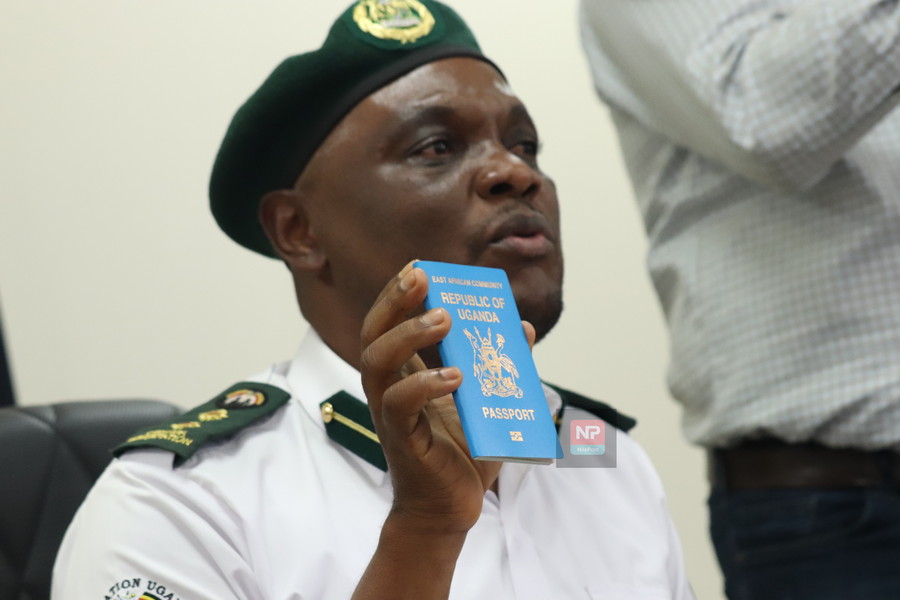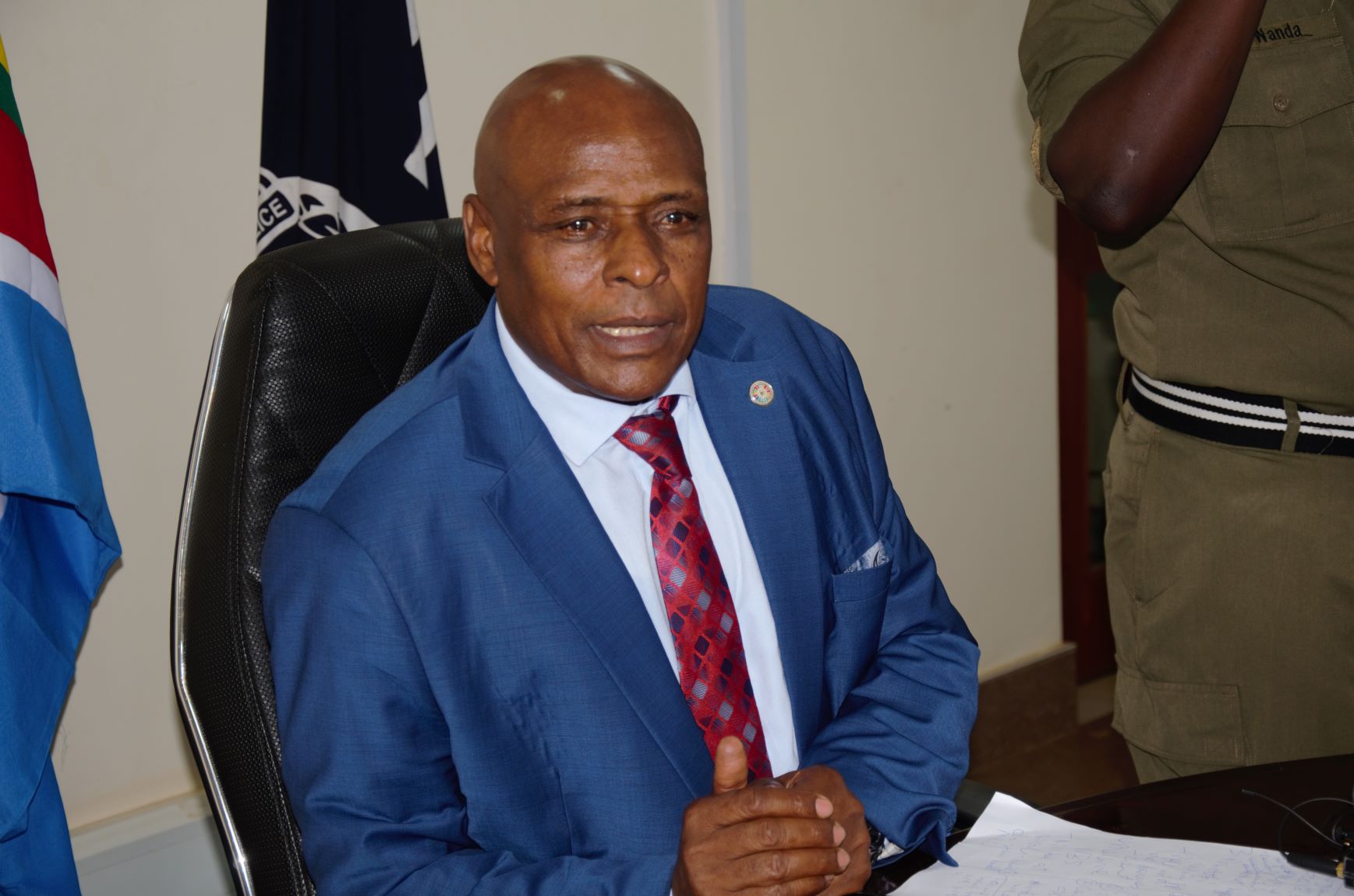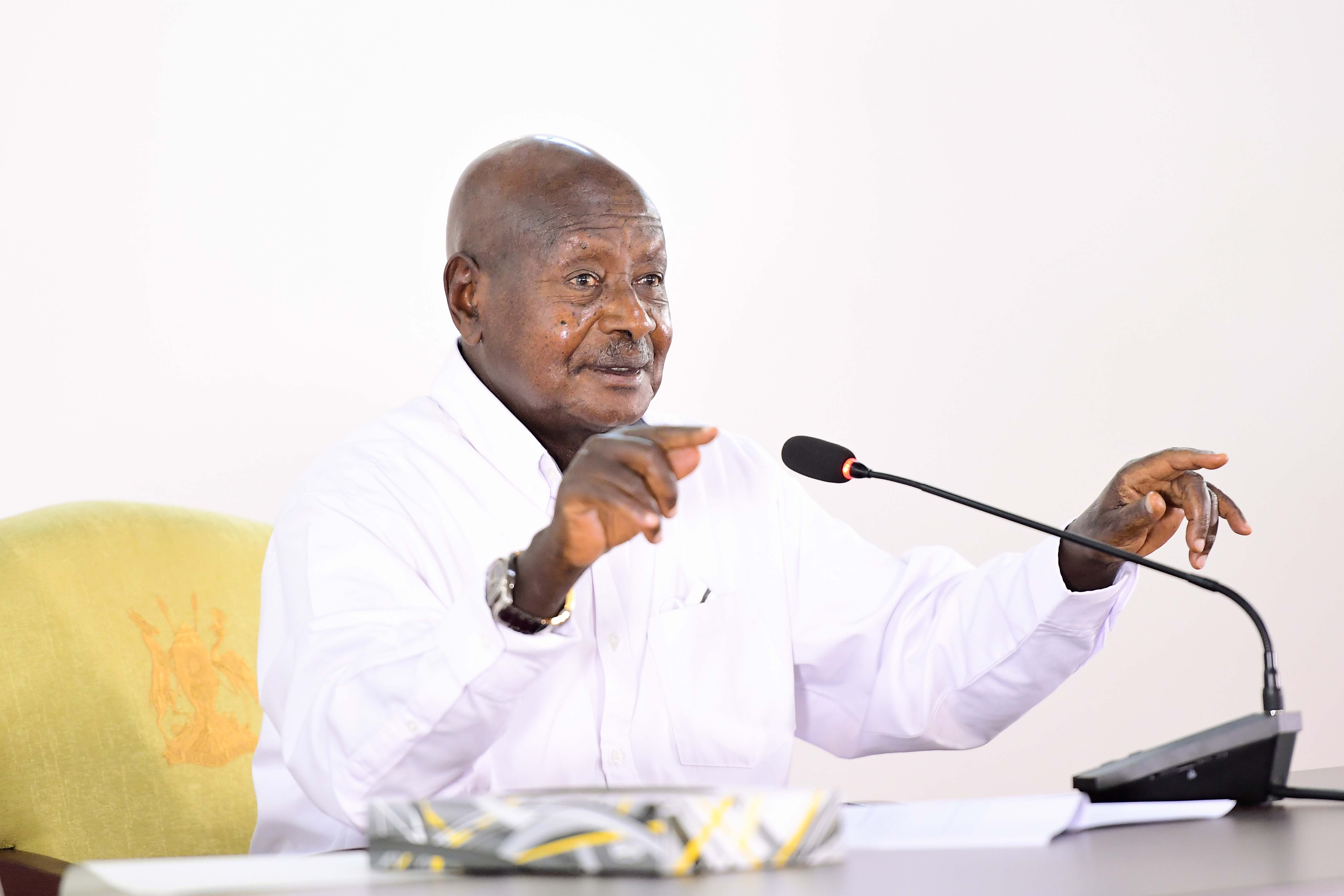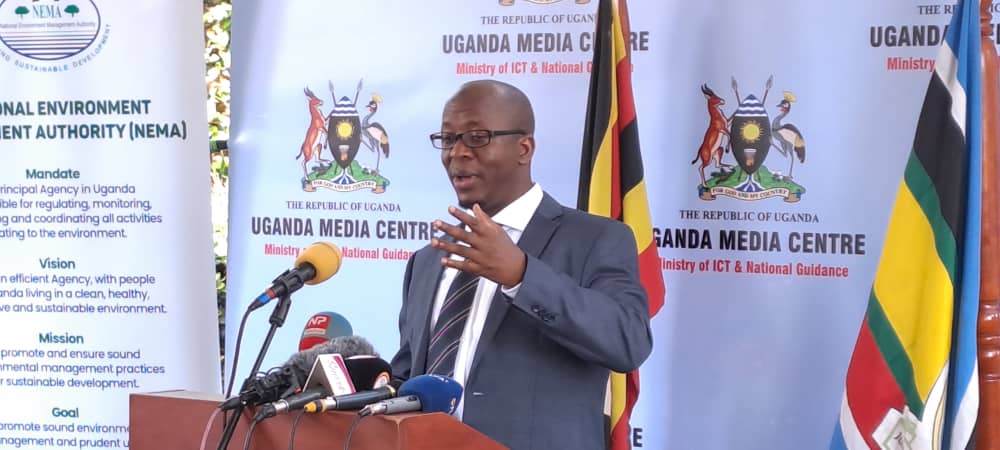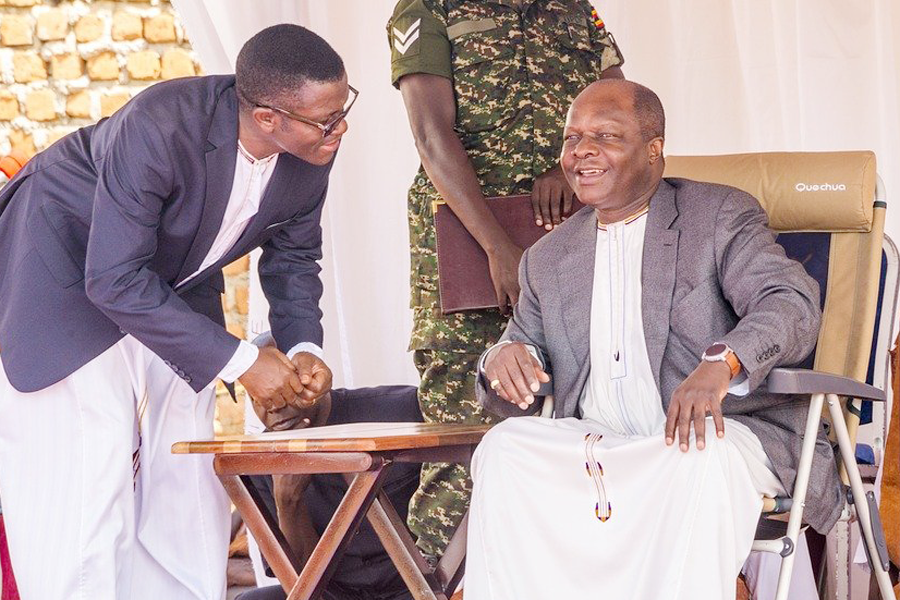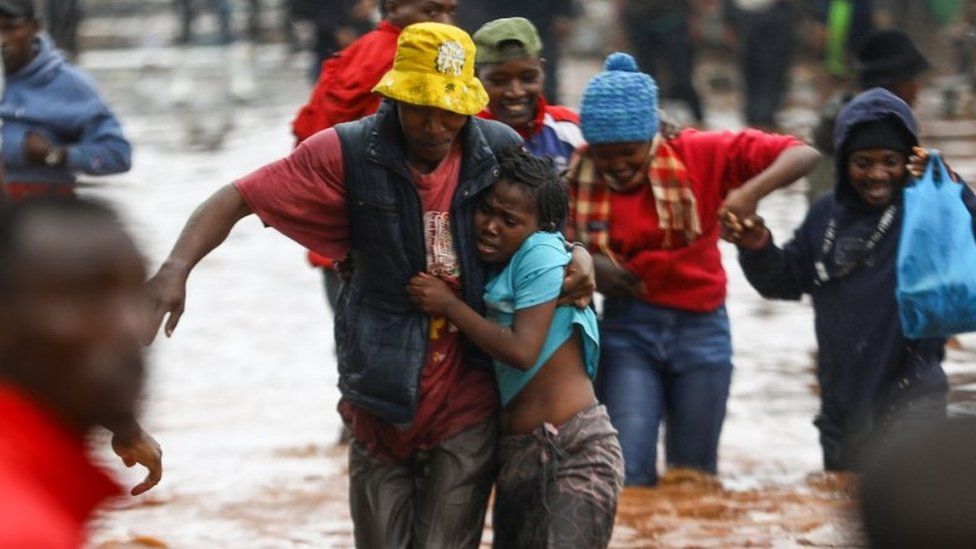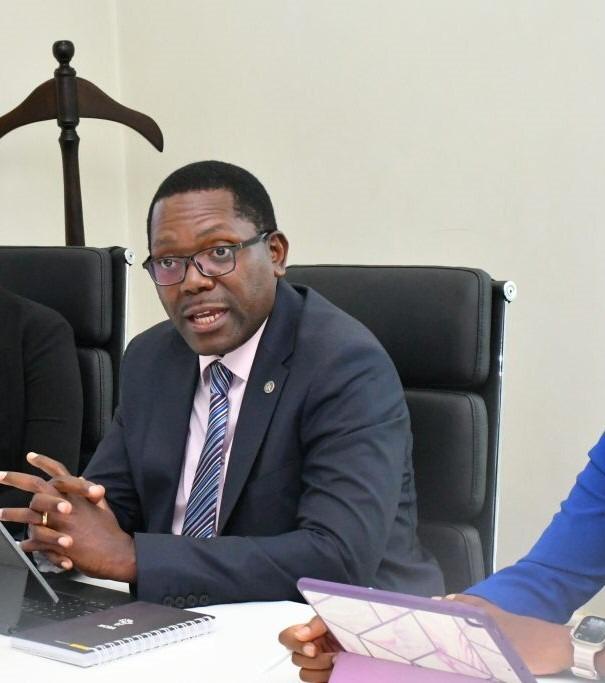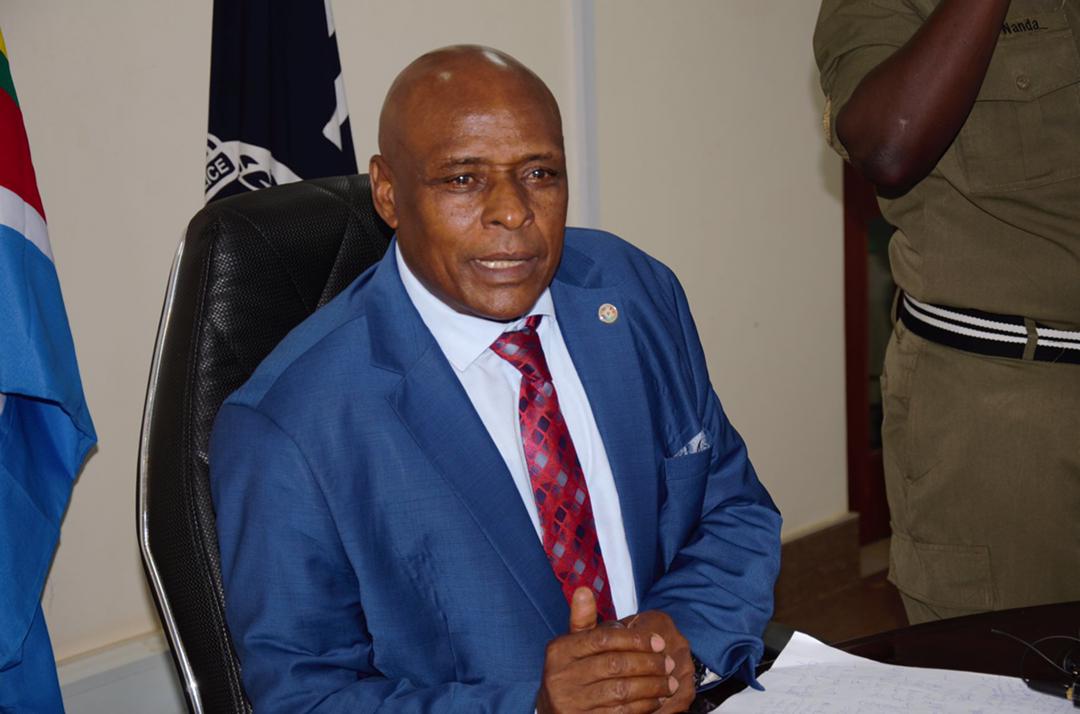President Mnangagwa hails predecessor Mugabe as “icon of Zimbabwe liberation”
Zimbabwe President, Emmerson Mnangagwa has hailed his predecessor Robert Gabriel Mugabe as an icon of the country’s liberation.
Mugabe, 95, who has been in hospital in Singapore since April passed on early Friday morning after battling ill health.
Keep Reading
He was ousted in a military coup in November 2017, ending three decades in power and replaced by Mnangagwa.
In a short message about his predecessor, the current Zimbabwe President said without Mugabe, Zimbabwe would have waited longer for its liberation from the hands of white rule.
“Cde Mugabe was an icon of liberation, a pan-Africanist who dedicated his life to the emancipation and empowerment of his people. His contribution to the history of our nation and continent will never be forgotten. May his soul rest in eternal peace,”Mnangagwa said.
Born 21 February 1924 in what was then Rhodesia, Mugabe was a champion of the liberation struggle for Zimbabweans.
He was in 1964 imprisoned for more than a decade without trial after criticizing the white government of Rhodesia.
In 1973, while still in prison, he was chosen as president of the Zimbabwe African National Union (Zanu), of which he was a founding member.
Once released, he adopted a militant stance, heading to Mozambique and directing guerrilla raids into Rhodesia.
He was also seen as a skilled negotiator.
Political agreements to end the crisis resulted in the new independent Republic of Zimbabwe, elections for which were first held in 1980.
After coming to power, Mugabe attempted a land redistribution program that would see more native Africans assume control of chunks of Zimbabwe land that had been appropriated by settler white communities during that country’s colonial period.
The policy was widely blamed for leading to the collapse of Zimbabwe’s formerly vibrant economy.
Mugabe blamed the country’s economic woes on Great Britain which strongly condemned his later economic policies and leadership.
He considered himself a Pan Africanist and supported the struggle for independence in many African countries, notably the Republic of South Africa.
In 2017, Mugabe sacked his long- time ally and then Vice President Emmerson Mnangagwa to pave way for his wife Grace to succeed him but this didn’t go well with historicals.
In November 2017, the army intervene and forced Mugabe to step down and bringing to an end his three -decade rule.




